Iran Press/ Iran News: Avicenna or Abu Ali Sina was a genius Iranian scientist in the 10th-11th century AD who is world famous. The skill of this great sage in all sciences, especially medicine, was amazing and remarkable.
This great sage is considered to be the most effective figure in the science and philosophy of the Islamic world, and he had a strange talent and competence in learning different sciences from the beginning of his childhood.
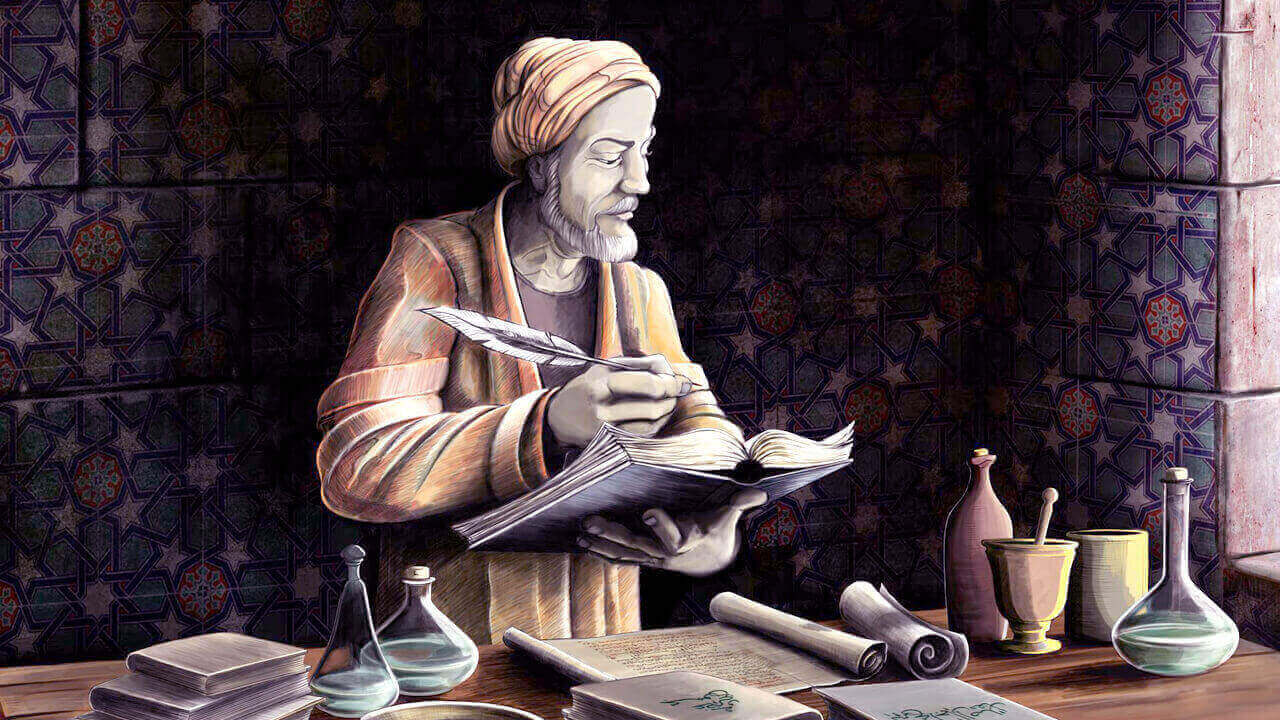 Painting showing great Iranian scientist at work
Painting showing great Iranian scientist at work
Avicenna biography:
Born in 980 AD to a Persian family near the city of Bukhara in modern-day Uzbekistan, Abu Ali al-Hussain ibn Abdullah al-Balkhi would go on to become one of the greatest minds of his era, profoundly influencing future scholarship in fields as diverse as medicine, philosophy and astronomy.
Related News: Happy Iranian Doctors’ Day
The Persian polymath Avicenna or in Persian Ibn Sina (980-1037 AD), is known in the West as Avicenna. By the age of eighteen, he was the court physician to the sultan of Bukhara in old Persia. He would go on to write 450 works covering a broad range of scientific and philosophical subjects, while also having to move frequently in an empire in turmoil, trying to find benefactors and avoid being on the wrong side of conflicts.
 Iranian scholar Avicenna greatly contributed to Europe
Iranian scholar Avicenna greatly contributed to Europe
Known as Ibn Sina in the Islamic world and Avicenna among western scholars, the polymath is synonymous with the period in Islamic history that is widely and controversially referred to as the "Islamic Golden Age". The Persian scholar's work had a far-reaching impact both in the Islamic world and later in Europe, with critiques and defences of his theories continuing into the modern era.
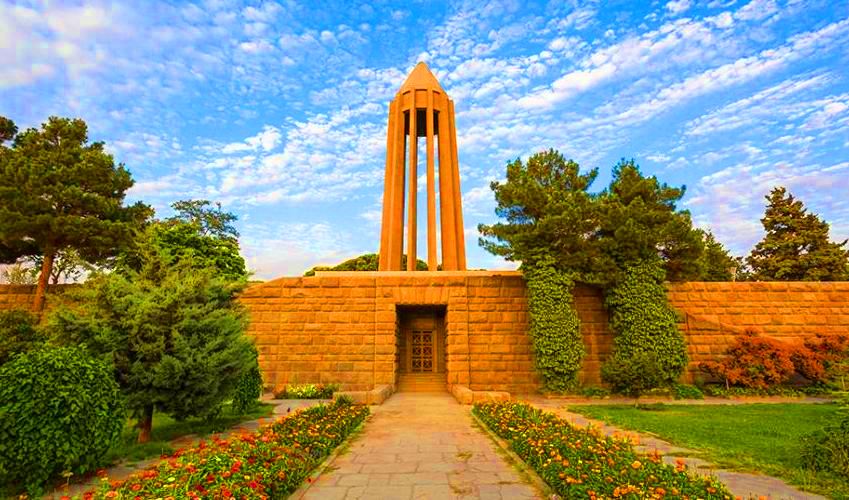 Avicenna mausoleum in Hamadan, Iran
Avicenna mausoleum in Hamadan, Iran
Avicenna scientific achievements
As a physician, one of Ibn Sina’s most notable contributions was his book Al-Qanun fi al-Tibb (The Canon of Medicine), an encyclopedia that oscillates between medical knowledge gained from the ancients and more contemporary findings by Islamic scientists.
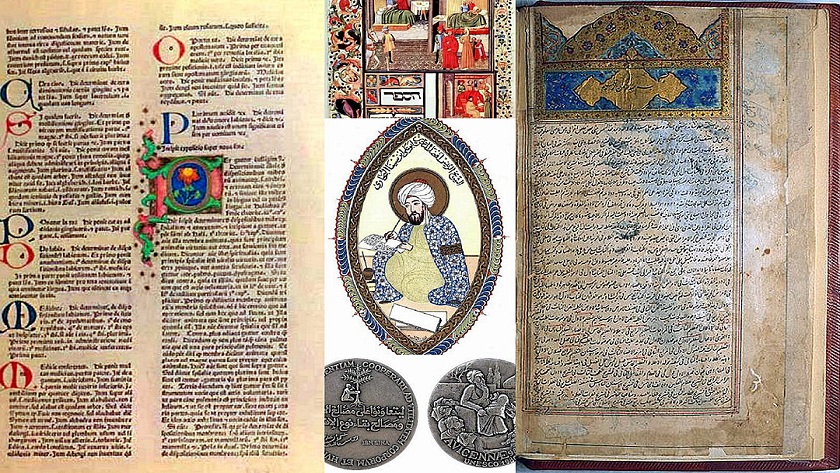 Avicenna's Canon was the main source of medicine in Europe
Avicenna's Canon was the main source of medicine in Europe
His influence in medieval Europe spread through the translations of his works first undertaken in Spain. In the Islamic world, his impact was immediate. In philosophy, Avicennan metaphysics became the foundation for discussions of Islamic philosophy and philosophical theology. In the early modern period in Iran, his metaphysical positions began to be displayed by a creative modification that they underwent due to the thinkers of the school of Isfahan, in particular Mulla Sadra (d. 1641).
Related News: Avicenna, the flag-bearer of various sciences after Islam
The book was translated into Latin during the 12th century, and from there it was used as a reference text throughout European universities until the mid-17th century.
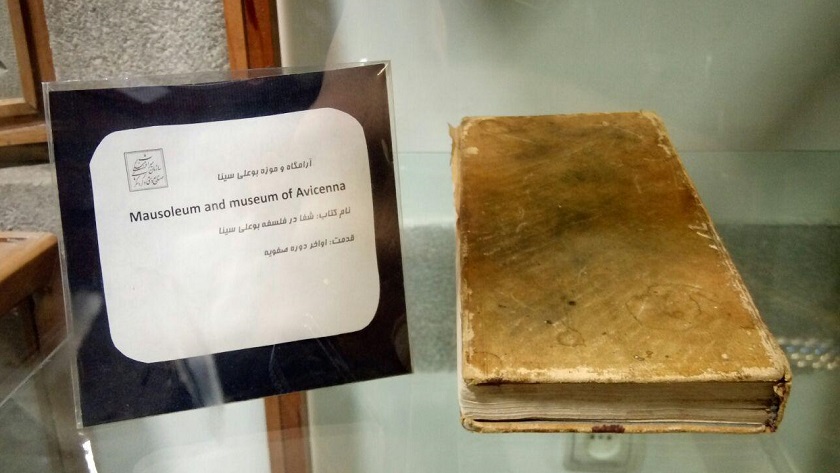 Museum of Avicenna in Hamadan, Iran
Museum of Avicenna in Hamadan, Iran
Avicenna's impact on European science
Avicenna's influence over Europe’s great medical schools extended well into the early modern period. There The Canon of Medicine became the preeminent source, rather than the other book by great Iranian scientist Razi Kitāb al-ḥāwī (Comprehensive Book).
Related news: National Doctors Day to commemorate Avicenna
The works of Avicenna, the greatest of the medieval Persian physicians, played a crucial role in the European Renaissance. According to some researches, the views of Avicenna in diagnosis and treatment of some diseases, such as asthma is more precise and effective than the findings of modern medicine, or in jaundice, biliary obstruction and liver indigestion, his prescribed medicines are in conformity with the findings of new researches.
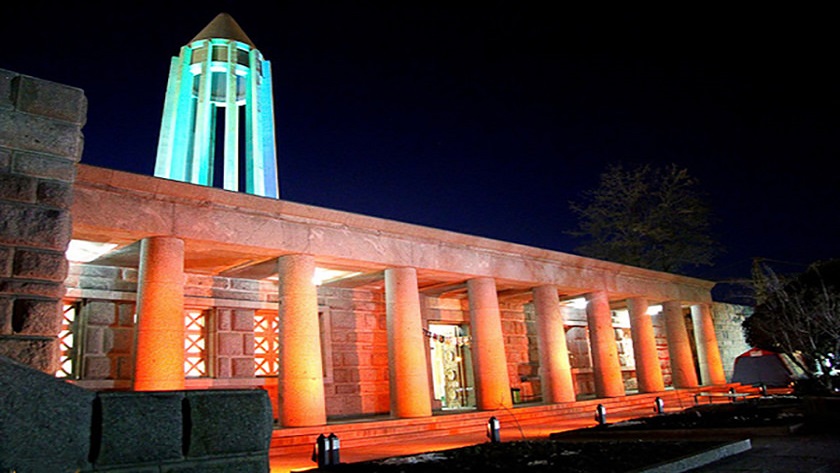 Hamadan hosts the great Iranian scholar Avicenna's museum
Hamadan hosts the great Iranian scholar Avicenna's museum
Avicenna's legacy: Pioneer of Modern Medicine
Avicenna (Ibn Sina) was well ahead of his time, and contributed to many fields ranging from philosophy to astronomy, but there is no doubt that his works have been invaluable to Medicine.
In Iran, Avicenna is considered a national icon, and is regarded as one of the greatest Persians to have ever lived. Many portraits and statues remain in Iran today. An impressive monument to the life and works of the man who is known as the ‘doctor of doctors’ still stands outside the scientific museums and his portrait hangs in the Hall of the Faculty of Medicine at the University of Paris.
Read More:
Mulla Sadra, most influential Islamic philosopher after Avicenna
Ashkan Salehian

